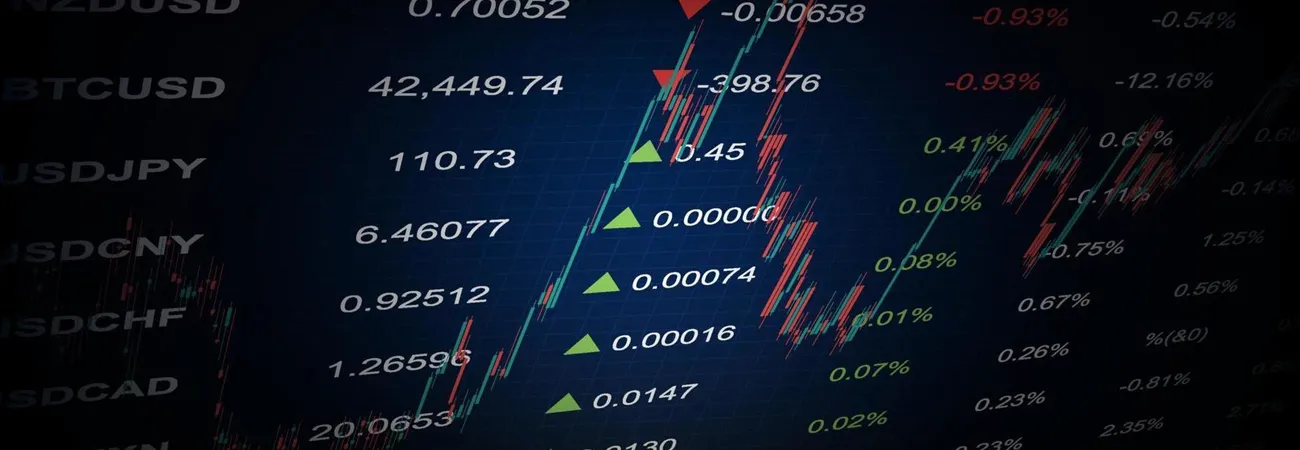i ECONOMY
Pakistan's Real Effective Exchange Rate (REER) index surged to 102.2 in February 2024, marking a notable uptick compared to the previous month's figure of 101.8. This rise has sparked discussions among the economic experts, who have shed light on the potential challenges this trend may pose to the country's economy, reports WealthPK. The REER index, a crucial indicator of a nation's international competitiveness, reflects the value of a country's currency relative to a basket of other major currencies, adjusted for inflation. A higher REER value suggests an appreciation of the domestic currency, which can impact various sectors of the economy. Economic analysts have pointed out several key implications of this increase in Pakistan's REER index. In an interview with WealthPK, Asim Mustafa, Regional Head at Faysal Bank said, “An appreciation in the REER can lead to a decline in export competitiveness, as it makes the country's goods relatively more expensive for foreign buyers.
This could adversely affect Pakistan's export-oriented industries, such as textiles and manufacturing, which heavily rely on foreign markets for revenue generation.” “Moreover, a higher REER may also result in a surge in imports, as it makes foreign goods relatively cheaper for the domestic consumers. This could widen the country's trade deficit, exacerbating its external imbalances and putting pressure on the foreign exchange reserves,” said Asim. Dr. Haris Khan, an economist at the Institute of Bankers Pakistan, expressed concerns over the potential impact of the rising REER on Pakistan's macroeconomic stability. “While an appreciation in the REER may initially seem beneficial in terms of containing inflationary pressures by reducing import costs, it could ultimately lead to a deterioration in the country's external accounts,” he stated. Furthermore, Haris highlighted the importance of implementing appropriate policy measures to address the challenges posed by the increasing REER.
He emphasized the need for a comprehensive strategy that focuses on enhancing export competitiveness, promoting import substitution industries, and attracting foreign direct investment (FDI) to counterbalance the effects of currency appreciation. The State Bank of Pakistan's role in managing the exchange rate dynamics and maintaining stability in the foreign exchange market was also underscored by analysts. They urged the central bank to closely monitor the REER movements and adopt proactive measures to mitigate any adverse consequences for the economy. In light of these observations, the policymakers are expected to closely evaluate the evolving exchange rate dynamics and formulate targeted interventions to address the economic challenges associated with the rising REER. Balancing the need for exchange rate stability with the imperative of supporting export-led growth will be crucial in navigating Pakistan's economic trajectory in the coming months.
Credit: Independent News Pakistan









